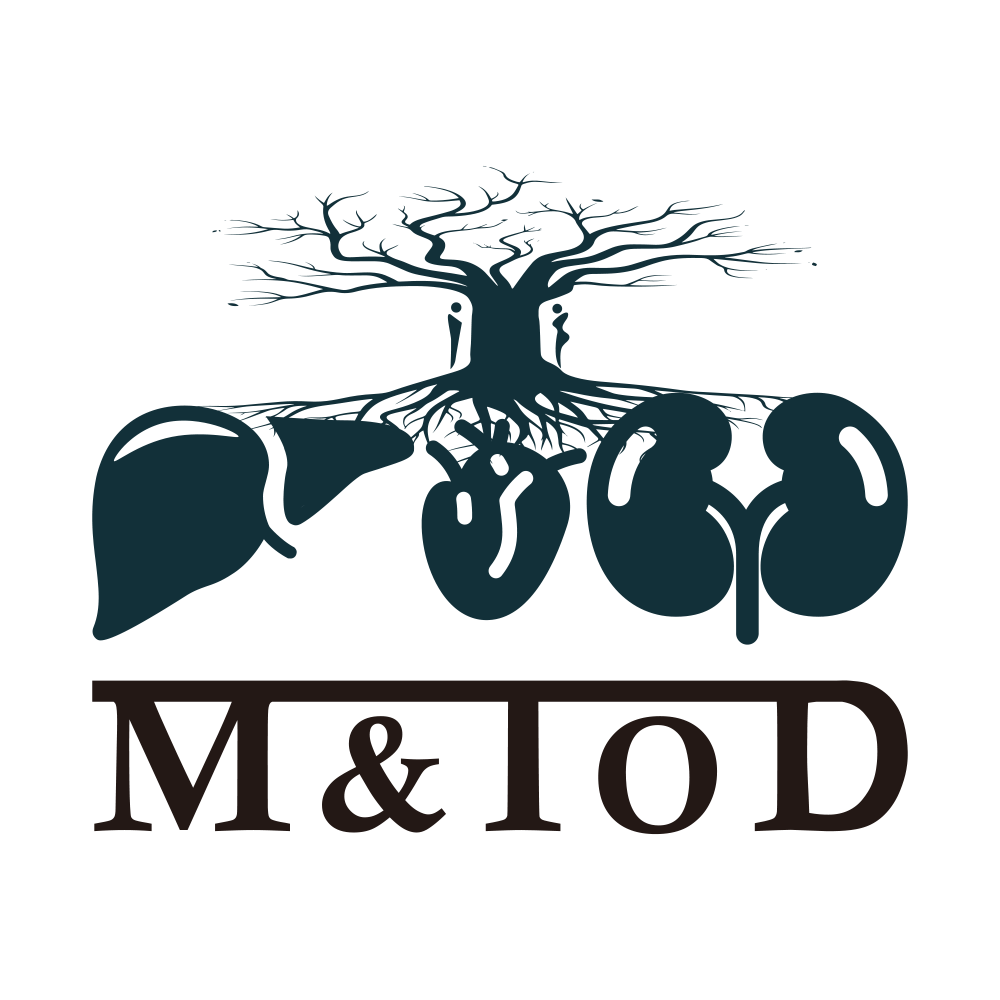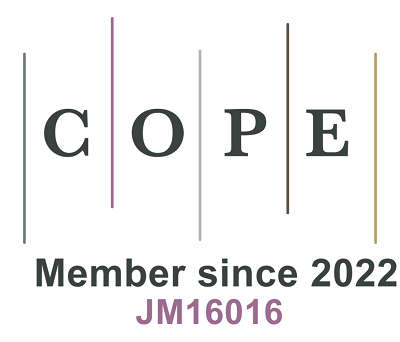Lipid metabolism in liver transplantation: from challenge to chance
Abstract
In the past 20 years, liver transplantation has become one of the few effective treatments for various end-stage liver diseases. With the development of surgical methods and equipment, ischaemia/reperfusion injury (IRI) and rejection have become the main factors affecting prognosis. Due to the use of detection methods such as metabolomics, surprising findings revealed that some significant lipid metabolism disorders are associated with liver transplantation. Moreover, fatty liver, as an important part of the marginal donor organ, is severely affected by imbalances derived from the preexisting lipid metabolism turbulence. In other words, the lipid metabolism remodelling present in conventional liver transplantation is more severe and intricate in nonalcoholic fatty liver. This paper aims to review the recent 20 years of research on lipid metabolism in liver transplantation, especially the different molecular targets and signalling pathways involved in IRI, acute rejection and chronic rejection. Through a comprehensive review and analysis of the literature, we comprehensively obtained the research status and forward motion, which provides both a valuable reference substance for future research and a theoretical summary for the prevention and treatment of lipid metabolism disorders during liver transplantation.
Keywords
Lipid metabolism, liver transplantation, arachidonic acid, rejection, oxidative stress
Cite This Article
Zhang Y, Rui W, Liu X, Ye Y, Pu S, Zong K, Yang E, Li S, Huang Z, Wu Z. Lipid metabolism in liver transplantation: from challenge to chance. Metab Target Organ Damage 2025;5:[Accept]. http://dx.doi.org/10.20517/mtod.2025.03
Copyright
 Cite This Article 0 clicks
Cite This Article 0 clicks













